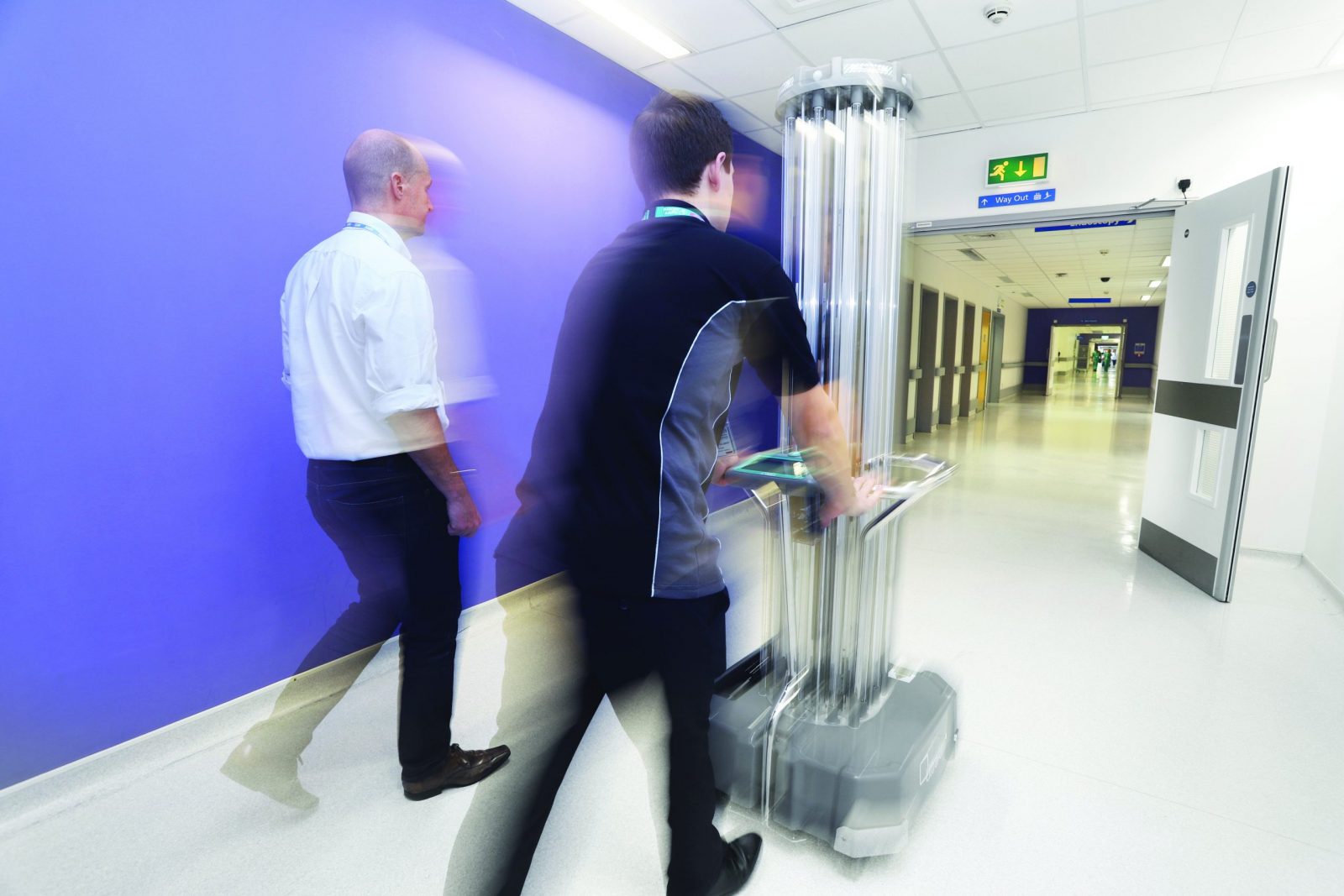
Typically known as ‘the winter vomiting bug’, norovirus cases had been relatively low throughout the pandemic, as risks of transmission from close contact had been reduced. Earlier in the year, as restrictions eased, cases spiked, resulting in three times the number of cases seen for the reported period than in the last 5 years (154 outbreaks against an average of 53).
Similarly to COVID-19, transmission of norovirus can be through people, surfaces or objects, and food that have been contaminated with the virus. Unlike COVID-19, using alcohol-based gel on your hands does not kill norovirus. Those sick with the vomiting virus are able to spread billions of the virus particles making it highly infectious. This means that it’s important that surfaces are decontaminated regularly, as part of a regular cleaning procedure, to ensure that transmission from infected people does not increase.
‘Immunity debt’, as doctors in New Zealand have called it, is likely a factor in this unusual out-of-season rise of cases and may pose a threat in the coming months. With restrictions in place last winter, people’s exposure to other viruses such as norovirus were lower, which in turn has caused a lower immunity against them. As there are currently no social restrictions in place in the UK, it’s not yet known what full impact the previous year will have on infection cases of other viruses.
The recent SPI-M-O Consensus Statement on COVID-19 stated, “During the past 18 months, diseases such as influenza, Respiratory Syncytial Virus (RSV), and norovirus, have been circulating much less in the population than previous years. Their transmission dynamics have changed due to the measures to control COVID-19 and, as a result, there may be a period of unpredictable epidemics of these diseases before their normal seasonal patterns return. It is also possible there will be interactions between SARS-CoV-2 and other infections, both in combination and in competition.”
With 600,000 patients each year contracting infections whilst being treated in NHS hospitals alone, a proactive response to infection control is the opportunity to make a positive difference to patient health and well-being in your care. Inivos have been providing a 24/7 on-call decontamination service for over 10 years with HPV and UV-C technologies to reduce the risk of onward transmission of organisms such as norovirus.
Available any time, anywhere in the UK, the emergency decontamination support from Inivos is guaranteed to be on-site within 8 hours of initial call, providing a best-in-class response capability. Services are delivered by infection prevention and control expert technicians who have a deep-rooted understanding of hospital environments and maintaining patient flow, using trusted equipment with robust validation reporting, such as the Ultra-V from Inivos.
A study by Barnsley Hospital evaluated Ultra-V decontamination as an adjunct to manual cleaning, to assess the efficacy of UV-C decontamination on surfaces both directly and indirectly exposed to UV-C radiation. The report advised that the Ultra-V may be well-suited to the high-pressure environments of emergency departments, intensive care units and theatres as it’s a rapid process, allowing quick turnaround of patient bed spaces without compromising on patient safety.
The team at Inivos has more than 10 years knowledge and expertise to deliver the specialist services to over half the NHS. Our services that are targeted to your needs, resulting in patient-ready spaces. A range of end-to-end services are available, from hospital ward deep cleaning to duct cleaning, water flushing to patient equipment decontamination. The specialist, technical services are available to both NHS trusts and private healthcare facilities to provide proactive and reactive measures against infection outbreaks including norovirus. Find out more from our case studies and browse service sheets or call 0845 270 6690. In an emergency, call our rapid response number: 0800 652 2689.




